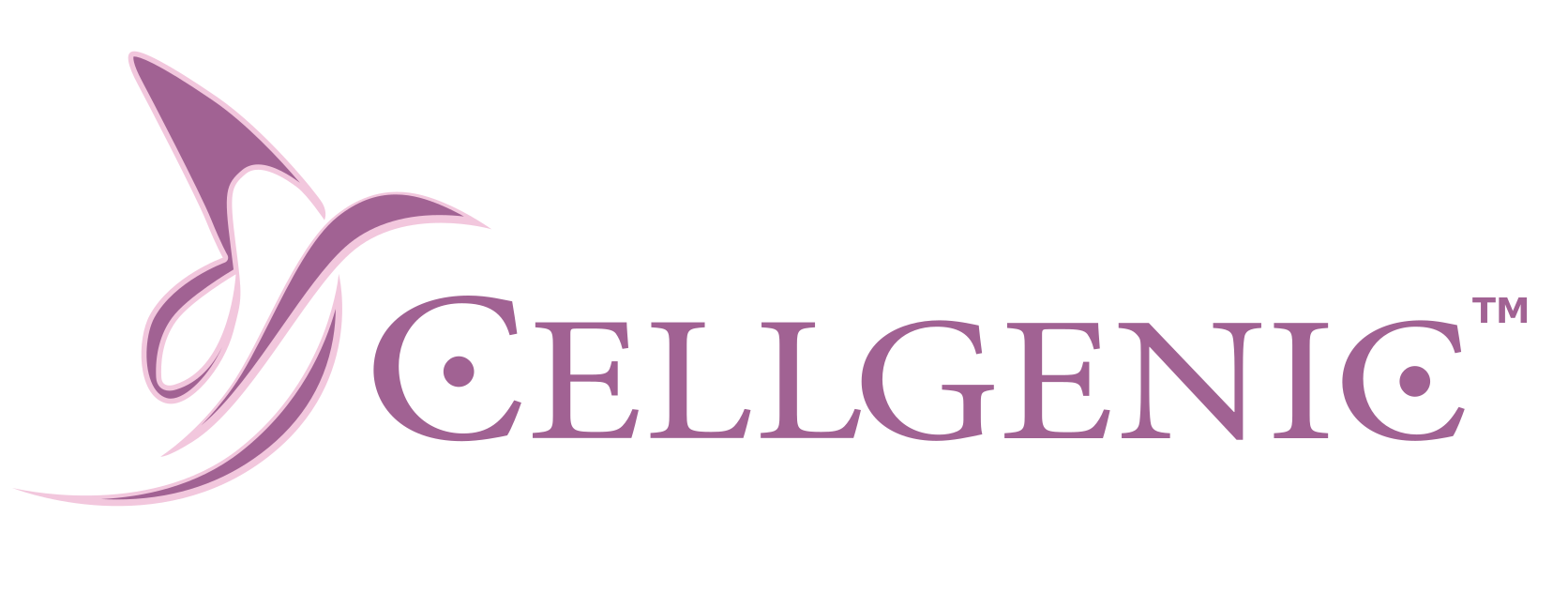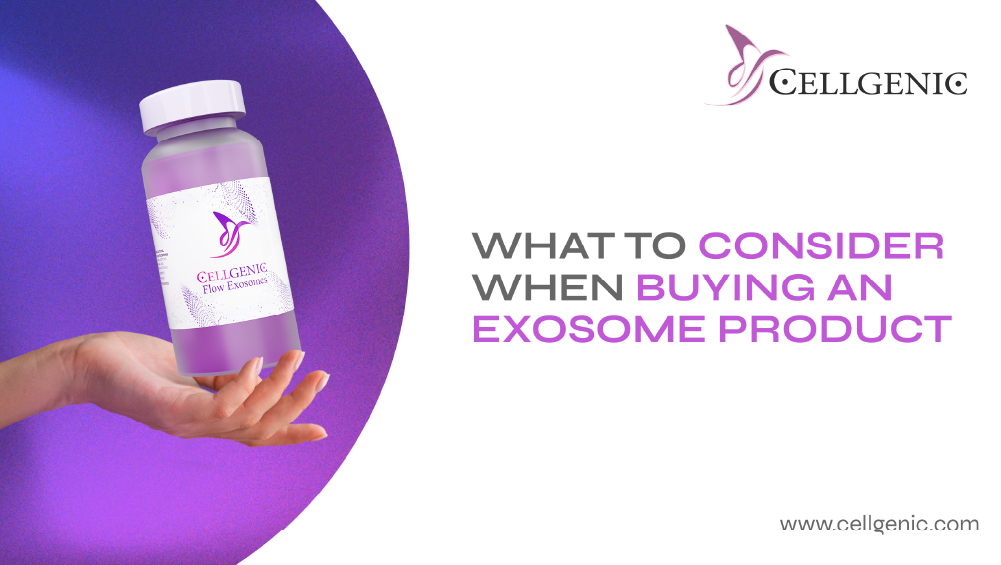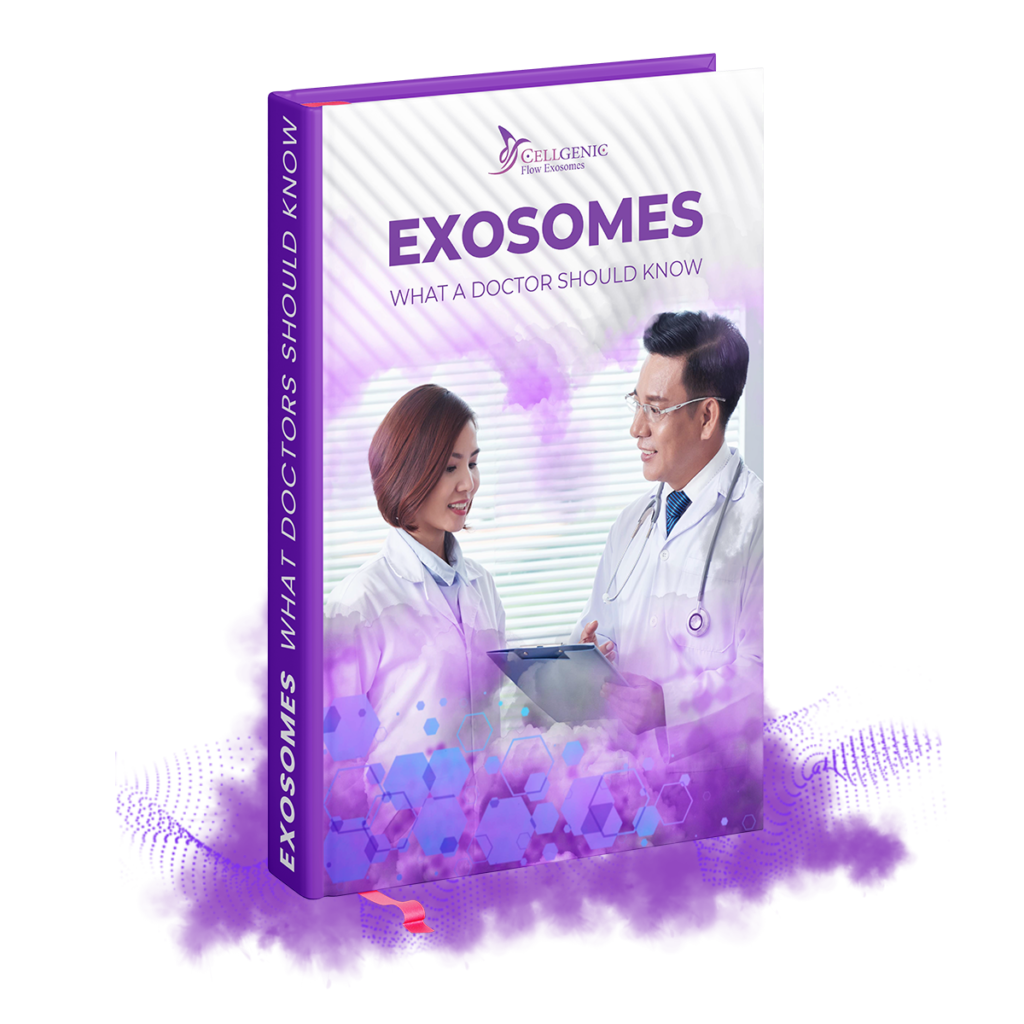Exosome therapy is rapidly gaining popularity as a revolutionary treatment in regenerative medicine. With its potential to promote healing, reduce inflammation, and support tissue repair, many are turning to exosome products for various health and wellness benefits. However, not all exosome products are created equal. In this blog, we’ll discuss the key factors to consider when buying an exosome product to ensure you get the most effective and safe treatment.
1. Source of Exosomes
The source of exosomes is one of the most critical factors to consider, as it directly affects the product’s quality and efficacy.
- Plant-Based Exosomes: Generally less expensive, plant-derived exosomes are less effective due to their lower regenerative capabilities and lack of complex bioactive molecules found in human-derived exosomes. Consequently, their impact on human tissues is less pronounced.
- Animal-Derived Exosomes: These can be more affordable but might raise ethical concerns and variability in quality. Animal exosomes may not interact as efficiently with human cells, leading to less predictable outcomes and potential immunogenic reactions.
- Mesenchymal Stem Cells from Wharton’s Jelly: Exosomes from this source, such as those offered by Cellgenic, are normally more expensive but offer superior results. Wharton’s jelly-derived exosomes are rich in growth factors, cytokines, and other bioactive molecules that enhance their regenerative power. These exosomes are processed under strict standards in the United States, ensuring high quality and efficacy. Studies have shown that mesenchymal stem cell-derived exosomes can significantly improve tissue repair and reduce inflammation more effectively than other sources.
2. Purity and Concentration
The purity and concentration of exosomes in a product are crucial for its effectiveness.
- Purity: Ensure the exosome product is free from contaminants such as proteins, nucleic acids, and other unwanted cell debris. High-purity exosome products undergo rigorous purification processes to remove these impurities.
- Concentration: The concentration of exosomes, typically measured in particles per milliliter (particles/mL), should be high enough to provide therapeutic benefits. Check the product label or consult with the provider to ensure the exosome concentration meets the required therapeutic levels.
- Sterile Filtration and Safety: Look for products that use sterile filtration without radiation, cryoprotectants, or previously used diluents. Endotoxin testing and compliance with USP <71> should be conducted on all batches. The allogeneic liquid secretion should be 100% pure, unexpanded, and uncultivated, guaranteeing maximum bioavailability with minimal manipulation of non-nucleated cells.
3. Maximum Safety and Quality Control
Ensuring the safety and quality control of exosome products is vital. Cellgenic Flow Exosomes, for example, are procured and processed in the United States in accordance with the standards and regulations established by the American Association of Tissue Banks (AATB) and the United States Food and Drug Administration (FDA). All donors are local, and the ethical donation process includes rigorous serological testing.
Quality Compliance & Donor Screening:
- Donor consent prior to collection
- HCV (Hepatitis C Antibody)
- HBsAG (Hepatitis B Surface Antigen)
- HIV 1/11-Ab (HIV Nucleic Acid Test)
- HBcAb (Hepatitis B core Antibody)
- HCV NAT (HCV Nucleic Acid Test)
4. Exosome Counting Methods
Accurate exosome counting is essential for determining the efficacy of an exosome product. Here are the most common methods used:
- Nanoparticle Tracking Analysis (NTA): This is one of the most effective and widely used methods for counting exosomes. NTA measures the size and concentration of exosomes in a sample by tracking the Brownian motion of individual particles. This technique provides accurate and detailed information about the exosome population.
- Flow Cytometry: Flow cytometry can be used to count exosomes by labeling them with specific antibodies that fluoresce under certain wavelengths of light. This method allows for the identification and quantification of exosomes but requires specialized equipment and expertise.
- Enzyme-Linked Immunosorbent Assay (ELISA): ELISA is used to quantify exosomes by detecting specific proteins associated with exosomes using antibodies. This method is highly sensitive and can provide specific information about the exosome protein content, but it is less commonly used for counting the total number of exosomes.
Most Effective Method: Among these methods, Nanoparticle Tracking Analysis (NTA) is considered the most effective for exosome counting due to its accuracy, ease of use, and ability to provide detailed information on both size and concentration.
5. Storage and Handling
Proper storage and handling of exosome products are essential to maintain their viability and effectiveness.
- Storage Conditions: Exosome products should be stored at appropriate temperatures, often requiring refrigeration or freezing, to preserve their bioactivity. Verify the storage requirements and ensure you can meet them.
- Shelf Life: Check the shelf life of the product to ensure it remains effective throughout its intended use period. Lyophilized (freeze-dried) exosomes typically have a longer shelf life compared to liquid formulations.
Conclusion
Buying an exosome product requires careful consideration of various factors, including the source of exosomes, purity and concentration, manufacturing standards, intended use, storage and handling, and the provider’s reputation. By taking these factors into account, you can make an informed decision and choose a high-quality exosome product that meets your therapeutic needs. Always consult with a qualified healthcare provider to ensure you select the most suitable exosome product for your specific requirements.
Investing in a quality exosome product can significantly enhance your regenerative treatment outcomes, providing you with the potential health and wellness benefits that exosome therapy offers.


